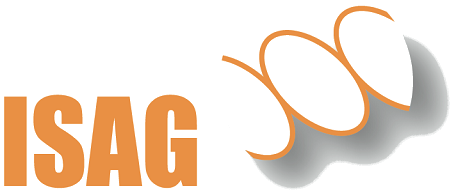Occipitoatlantoaxial Malformation (OAAM) **
Occipitoatlantoaxial malformation (OAAM), an inherited developmental condition primarily found in... mehr
Erkrankung
Occipitoatlantoaxial malformation (OAAM) is a developmental defect in which the first cervical vertebra (atlas) resembles the base of the skull (occiput) and the second cervical vertebra (axis) resembles the atlas. This abnormal structure causes compression of the upper cervical cord, which leads to neurological damage. Affected individuals demonstrate abnormal head and neck carriage with neck extended, reluctance to move the neck, or signs of neck twisting. Movement of head and neck can also produce a clicking sound. Clinical signs vary from mild progressive incoordination and weakness of limbs to the inability to stand.
OAAM is presumed to be inherited as an autosomal recessive defect in Arabian horses, but different mutations appear to be involved. One such variant has been identified by researchers at the School of Veterinary Medicine, University of California, Davis. This variant, associated with one form of OAAM in Arabians, consists of a large deletion in the homeobox gene cluster (HOX). The genetic basis of other forms of OAAM are under investigation.
OAAM is presumed to be inherited as an autosomal recessive defect in Arabian horses, but different mutations appear to be involved. One such variant has been identified by researchers at the School of Veterinary Medicine, University of California, Davis. This variant, associated with one form of OAAM in Arabians, consists of a large deletion in the homeobox gene cluster (HOX). The genetic basis of other forms of OAAM are under investigation.
Erbgang
autosomal recessive
Testdauer
4 - 6 weeks after arrival of the sample in the lab


